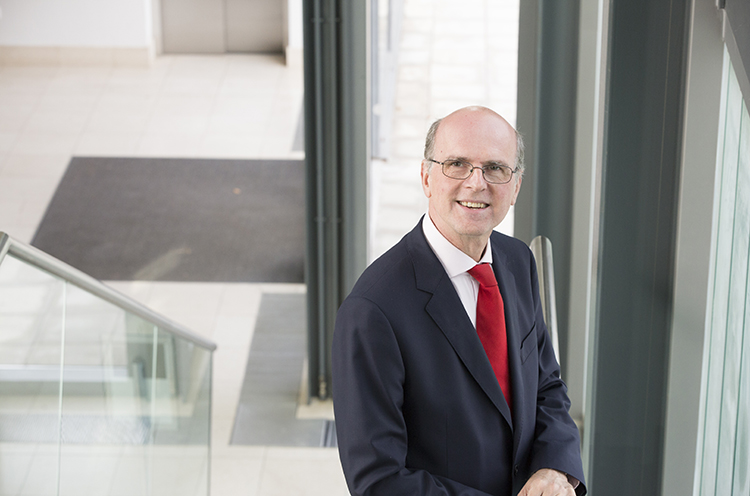How many languages do you speak? According to the British Council, 38% of Britons speak at least one foreign language. When do you know a language? I proudly used the word ‘apposite’ for the first time last week.
We speak the micro-languages of our academic specialities. We learn to teach, and speak about our discipline in a different register. Have you spoken to an entrepreneur lately? Do you speak innovation?
We can all be entrepreneurs, or advisers to business, do knowledge transfer, be consultants, provide professional development, teach apprentices. We can also advise local government. This requires speaking the right language. Here are a few entries from my dictionary, kindly provided by Kent Innovation and Enterprise (KIE).
South East Local Enterprise Partnership (SELEP) is one of 38 LEPs, the biggest LEP outside London, to drive private sector-led growth and job creation.
The LEPs have been asked to develop Local Industrial Strategies specifically to define priorities for how cities, towns and rural areas will maximise their contribution to UK productivity.
iceLab (Innovation, Creativity and Enterprise Laboratory): a major capital project to create a business and innovation gateway into the University, is under consideration by SELEP.
Knowledge Exchange Framework (KEF) is intended to increase efficiency in use of public funding for knowledge exchange (KE). Kent has been placed in peer group cluster X alongside eighteen universities.
The Modern Industrial Strategy places a high priority on collaboration between universities, business and public services through research and innovation in order to achieve the government’s long-term plans to boost the productivity and earning power of people throughout the UK.
ICE Showcase: an annual University event this year looking at the UK ‘productivity puzzle’.
Kent Business Summit: at Kent Business School, this year discussed how to sustain economic growth in the county.
KIE is the central point of contact within the University supporting staff to transfer their knowledge and innovation out into the external business environment.
A notable success has been the University receiving £4.3m from the Industrial Strategy Cultural Development Fund, Estuary Development, led by Liz Moran.
A cold winter? Brexit? Reorganisation? You will get through it better if you are resilient. Innovation is a way to broaden your portfolio, a good insurance for change. This is as valid for individual academics as it is for the University as a whole. Engagement, impact and the civic mission are a pillar of the University Strategy. Innovation funding applications were £2,481k in December 2018, up from £1,985k in December 2017.
Thank you. KIE is here to help you.
Professor Philippe De Wilde
Deputy Vice-Chancellor Research & Innovation

